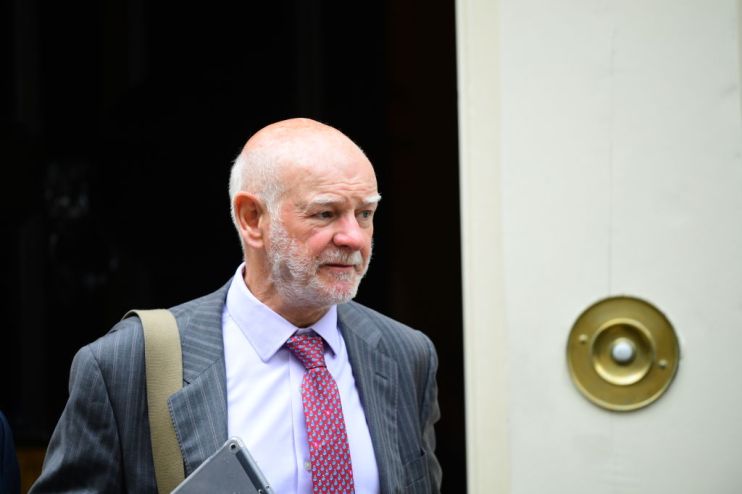Banks not ready for negative interest rates, says Natwest chairman

British banks are not ready to implement negative interest rates, the chairman of Natwest said today.
“We’re not completely ready for it,” Howard Davies said during an interview. “There would be technical issues and many contractual issues.”
The chairman said he was not in favour of negative rates being introduced, telling Bloomberg Radio there was little evidence of the policy increasing investment in countries that have taken rates below zero.
“We are really assuming interest rates are pretty well zero for any reasonable planning horizon,” Davies said. “It could be worse than that.”
Earlier this week, The Bank of England wrote to British lenders asking about their readiness for zero or negative interest rates and the steps they would need to take to implement such a policy.
The central bank confirmed last month that it was considering taking rates negative if needed, but governor Andrew Bailey said on Tuesday that the BoE was not yet in a position to decide on whether to cut rates.
Speaking to the House of Lords, Bailey said the Bank would only “be in a position to say if it is a tool we would use” after it had received responses from lenders about their readiness for sub-zero interest rates.
Before the Open newsletter: Start your day with the City View podcast and key market data
Davies also told Bloomberg that banks’ losses from bad loans have so far been less than feared earlier in the year, falling short of the provisions made by lenders in the first half of the year.
“All banks would say that the actual lived experience is not as bad,” the executive said.
Davies said that government should extend support measures for businesses while lockdowns still remain in place.
“Provision by the government of financial support is preventing the disasters occuring,” he told Bloomberg.
Research released yesterday by KPMG showed that the number of UK companies going into administration fell 39 per cent in the third quarter compared to 2019, as high levels of government support for businesses helped keep struggling firms afloat.
Insolvencies are expected to spike once support measures such as the furlough scheme are replaced with less generous alternatives.